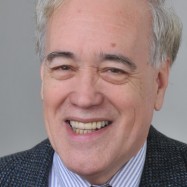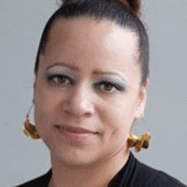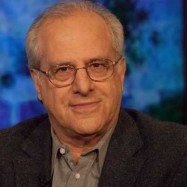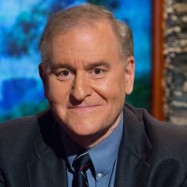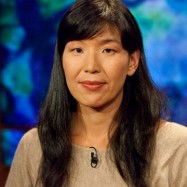In the years since the 1963 March on Washington, I fear that for millions of black people, little has changed.
A few black people have become part of a small class of wealthy and influential individuals. We have a black president. But the majority of black people remain either saddled with poverty, unemployment and life in America’s ghettos, or are struggling to hold onto a fragile middle-class status that may be unavailable to their children.
Poverty among black people is still nearly triple that of whites. In fact, 26 percent of black people live below the poverty level. Forty-five percent of children born into the black middle class will end up in poverty. Fifty years after the March on Washington, black unemployment is twice that of whites, just as it was then. Seventy-four percent of black children still attend segregated schools.
In 1963, the marchers demanded changes to education, employment, wages and housing at the legal level, while Dr. King gave the moral argument for ending prejudice. The appeal to morality carried a subtext: polish the global image of America that had been tarnished by continuing legal segregation and televised images of dogs and hoses being used against black youth.
Today, that moral argument is still urgent, but it has been joined by an economic one of even greater import. Fifty years ago, black people were the face of discrimination, and their percentage of the population was relatively small. That has changed. By 2043, the majority of people in the U.S. will be people of color: black, Latino, Asian, American Indian; and the population of white Americans will be older. The economic future of the nation depends on ensuring that the talents and energy of all can be tapped. The economic need has now fused with the moral argument.
Finally making good on the demands of the 1963 March on Washington will not only help those who’ve been left behind. It will make the nation strong. Equity — fair and just inclusion into a society in which all can participate and prosper — is the superior growth model.
Angela Glover Blackwell is founder and CEO of PolicyLink, the national research and action institute advancing economic and social equity. Blackwell is a leading voice in advocating for public policies that improve access and opportunity for low-income people and communities of color. She appeared on Moyers & Company in April 2012.


